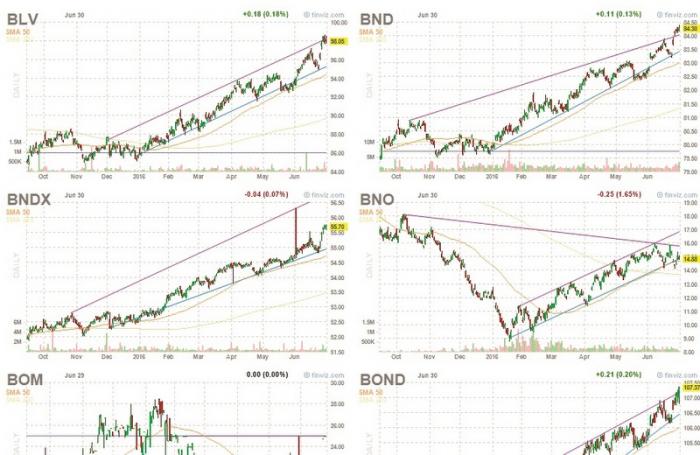Finance: Anyone can play the market

PHUKET: You don’t need a brokerage account or a financial adviser to get involved in the market.
Exchange Traded Funds (ETFs) are index funds that can be accessed through a low-cost online platform and give an almost identical return as those of the underlying market they represent. However, you can still lose a fortune very quickly if you don’t know what you are doing.
Keep in mind that markets crash; if you buy at a peak, even with an ETF, you could still lose your life savings. I wouldn’t recommend simply throwing a massive chunk of money straight into ETFs without considering where we are in the market cycle. Even then it would be inadvisable without at least breaking that money into several chunks and averaging in.
The best strategy would be to patiently wait for a crash and then start averaging in. Playing the waiting game can be frustrating, and I’m sure I sound like a doomsday evangelist telling the whole world that a crash is coming. But in the long run, markets always crash and patience pays off big time if you can wait for those super sale discounts on your ETF purchases.
For most people who are in long-term planning mode and will simply be looking for a place to safely stash away some cash every month for retirement; use a world index. You don’t need to get fancy. Find a safe MSCI world index ETF and put a little bit in every month regardless of what the markets are doing.
Now comes the hard part: ignore it. Don’t let your emotions get the better of you when, eight years into a bull market, it looks like you have averaged 30 per cent a year. Most people project this kind of performance perpetually into the future and then are crushed when the crash inevitably comes.
Don’t panic when the markets crash and your retirement nest egg goes from 300K to 175K. If anything, simply scale back the amount you invest if it’s been more than six or seven years since the last crash, put that money in a separate cash account, and when the crash comes put this in over the course of a year in four equal chunks.
That all sounds very easy, but it’s the most difficult thing to do as an investor. They call it ‘sitting on your hands’ and advisers almost never can do it.
For one, clients feel like you aren’t doing any work for them, so most advisers feel the need to constantly make small changes in portfolios, even if it’s to the client’s detriment. Of course these changes make the client feel warm and fuzzy and if an adviser does what is actually in the best interest of a client they’ll often lose them. Understand that and it’ll be much easier to sit on your hands with your portfolio.
Start liquidating your ETFs when you get to within a decade of your retirement. Something like 10 per cent per year should work just fine. Of course if markets have just crashed I would give it three to four years to recover before beginning to average out.
Hopefully, we will be in an environment in the future where interest rates are at normal levels and you can put the proceeds into high quality bond funds that pay you a dividend you can live on.
Unfortunately for those needing income right now, bonds are extremely dangerous, but in 10 to 20 years let’s hope things get back to normal.
David Mayes MBA, resides in Phuket and provides wealth management and life coaching services to expatriates around the globe, specializing in UK pension transfers. He is a regional representative of Faramond Group, located in Kuala Lumpur, Malaysia. Faramond UK is regulated by the FCA to provide advice on pensions and taxation. He can be reached at 085-335-8573 or david.m@faramond.com
— David Mayes
Latest Thailand News
Follow The Thaiger on Google News:


























